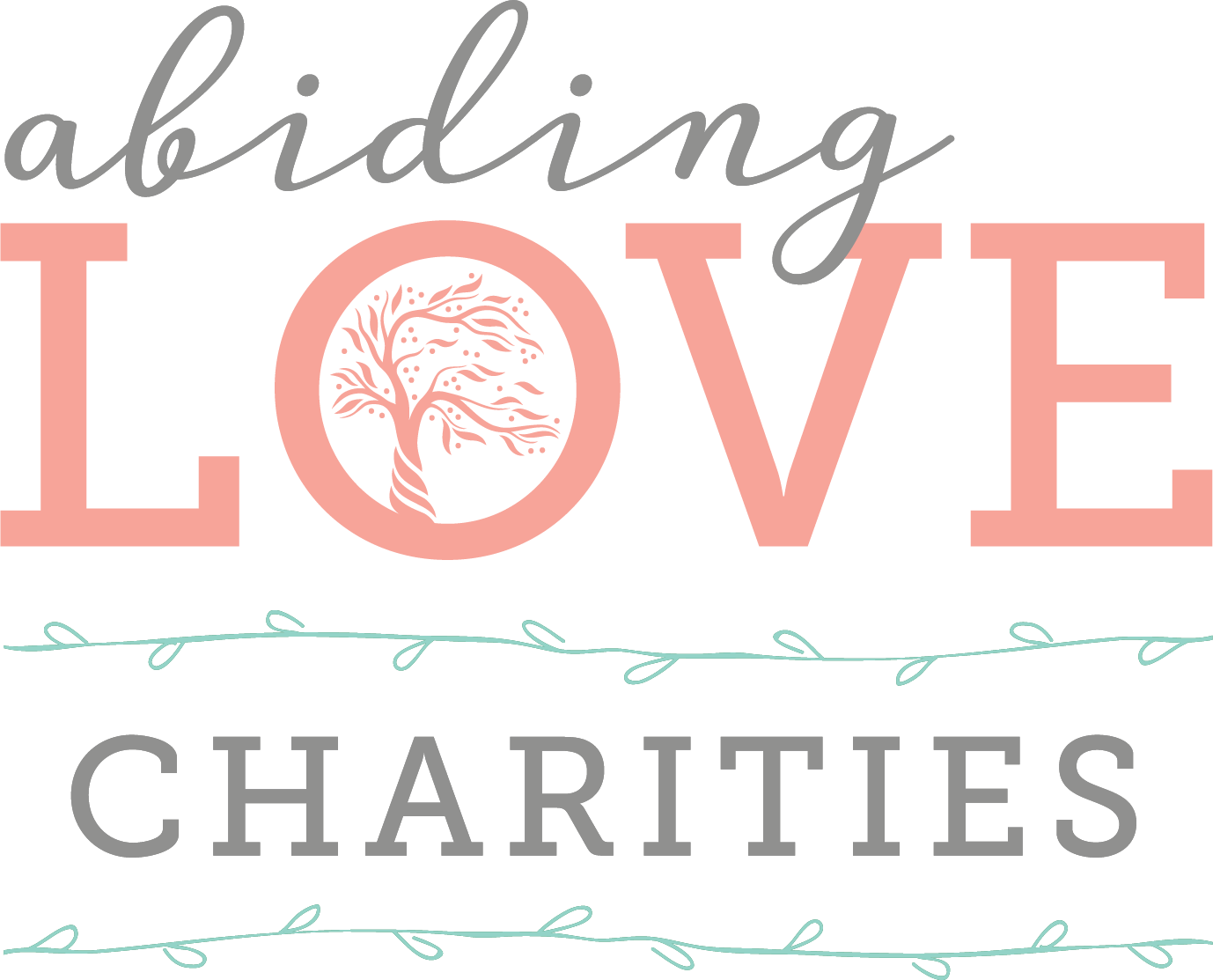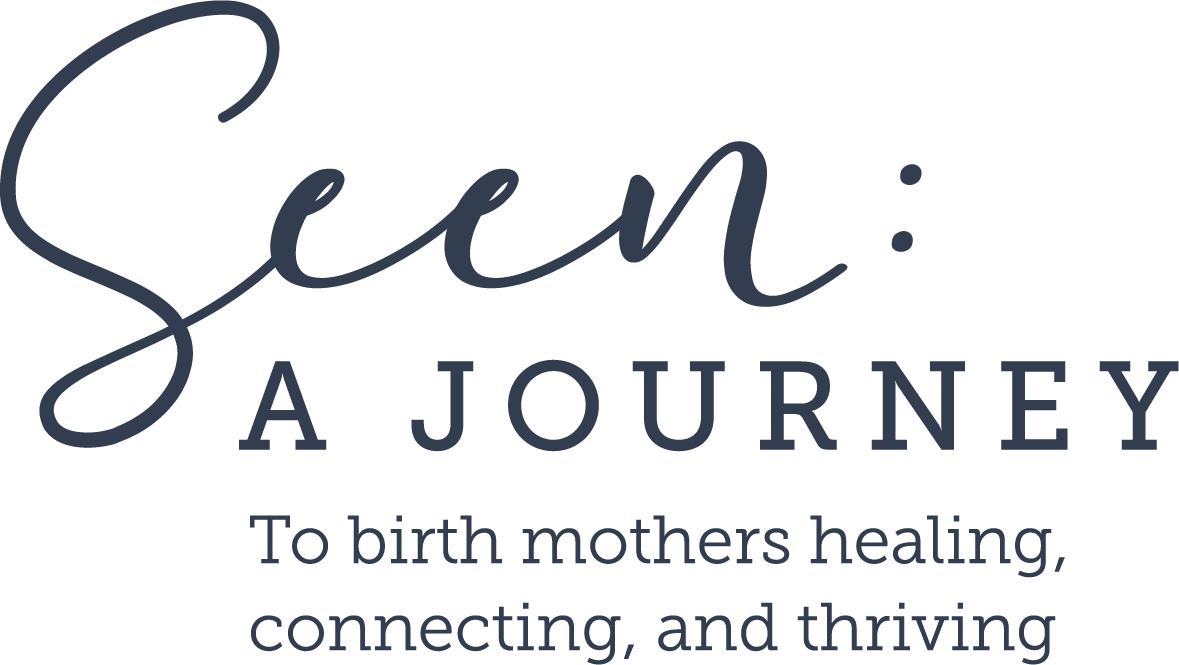In psychology, masking is the process by which an individual camouflages their natural personality or behavior to conform to social pressures, abuse, or harassment. Masking can be a behavior individuals adopt subconsciously as coping mechanisms or a trauma response. It can also be a conscious behavior an individual adopts to fit in within perceived societal norms. It is performative behavior within social structures and cultures. Masking and Birth Mothers is especially prevalent for lots of reasons.
As Birth Mothers, we are no strangers to masking. Whether or not we know we are doing it, it is not uncommon us for Birth Mothers to struggle with understanding our grief and figuring out what our role is in society. Masking and Birth Mothers almost seems to be a foregone conclusion if we want to feel like we are an accepted part of our social circles again. But does it have to be that way?
Masking And Birth Mothers Go Hand-In-Hand With Grief
After I placed my daughter, I was so determined to ‘feel normal’ again. I can’t even count how many times I said that to my pregnancy counselor. I thought my life would pick up where it left off and that everything would be fine, that I would be fine. What I failed to realize is that I had a new normal, a new perspective on life. I was never going to be able to feel what I felt like before. I didn’t walk through life with rose-colored glasses anymore. I wasn’t as naïve as I used to be. I had to grow up faster than I had intended, and was forced to mature in ways my peers could never.
My attempts to assimilate back into the life I once had left me feeling empty and frustrated. I tried to act as if the whole year prior hadn’t happened. That it was someone else’s memory, not mine. I masked the pain I was feeling because I wasn’t willing to acknowledge the loss I had experienced. It wasn’t just the loss of my child I was failing to grieve. It was also the loss of my reputation, my community, and my life as I knew it.
For years, I hid behind the mask, pretending all was fine, but feeling desperate for peace. So many aspects of my life were in disarray, and I couldn’t make sense of what I was feeling. For so long I justified my placement and rationalized my decision. Therefore, I was subconsciously unwilling to grieve. I felt this immense pressure to have it all together. I couldn’t accept the pain I was in because I didn’t want anyone worrying about me. I had already put my family and friends through so much. I had to save face, and not add to their worries. My guilt for causing my family so much heartache held me captive. This is how masking and Birth Mothers becomes so common among us, isn’t it?
None of what I was experiencing was conscious. I can look back now and see that I was protecting myself. My mind failed to make sense of the loss, so it wanted to protect me from feeling such intense sorrow. My body was doing what it knew best, and while it was not a healthy approach, I had never experienced loss in such a profound and nuanced way. It wasn’t until I found community and accepted that what I had experienced was traumatic that I stopped denying my status as a Birth Mother. It was then that I was able to really begin to heal and finally the mask started to fall away.
I’m sure there are still moments where old habits try to sneak their way back in, but only for a moment. And in those moments, I know it is my mind and body doing what they were so carefully designed to do; care for and protect me. But that mask is no longer needed. I no longer need protection from my own story and my own loss. Accepting my new normal didn’t come without its struggles, but I can honor where I’ve been and how it has gotten me to where I am today.
How To Remove Your Own Mask
Masking and Birth Mothers does not have to be a thing. Birth Mothers need to know they can heal and feel whole, even in post-placement. If you are a Birth Mother who is tired of the masks you are wearing to trying and feel normal, we can help. Reach out to us today for post-placement resources to help you get back to being you again, not someone you are pretending to be.


